Mental Health Awareness Week
Stress – Are we coping?
Mental Health Awareness Week is run annually by Mind, the mental health charity, and this year the focus is specifically asking ‘Stress – Are we coping?’.
Stress is something that is individual and that most people experience at one time or another. How we deal with it affects all aspects of our lives and it can have an impact on mental health as well as displaying physical symptoms.
So… what is stress?
So… what is stress?
Stress is different for each person and according to Mind*1 “…There’s no medical definition of stress, and health care professionals often disagree over whether stress is the cause of problems or the result of them…”
When something “stresses” us, our bodies are programmed to respond physically by initiating the “fight or flight” response. This is something our body does when faced with a threat and it releases raised levels of cortisol and adrenalin.
It can make your heart beat faster to provide more oxygen rich blood to reach the muscles in case there is a need to run. It also makes our brain think faster and become more alert. When the stress is over, the body then releases further hormones to calm this state and this in turn causes the body to shake.
The physical manifestations from this are:
- Palpitations (faster and stronger heartbeat).
- Nausea.
- Headache.
- Shakes.
- Dizziness.
Long-term physical problems associated with stress include:
- Blurred vision.
- Loss of libido.
- Chest pains.
- High blood pressure.
- Cardiovascular problems.
- Tense and painful muscles.
- Insomnia.
If a person is in a perpetual stressed state, this can have long term physical effects such as insomnia, weight loss and cravings for carbohydrate or sugars. This can lead to cardiovascular disease, weight gain and the effects of eating salt or sugar rich foods. Long term stress can also affect cognitive ability.
Stress can cause mental health issues such as anxiety or depression. However, other issues such as eating disorders, grief, changes in circumstances, or coping with a physical disability can cause stress which can then lead to anxiety and depression thus compounding the initial cause. It can lead to people feeling like they are caught in a vicious cycle and it can be hard to break.
How do I know if I am stressed?
How do I know if I am stressed?
This is not an easy question to answer as there is no single diagnosis that will fit everyone. Everyone has their own cause and limits within which they can cope. Also, something that stresses one person may be a breeze for another to cope with and vice versa.
Symptoms that may indicate you are stressed can include:
- Feeling irritable.
- Feelings of anxiety or nervousness.
- Constantly worrying.
- Loss of interest in doing things you have previously enjoyed.
- Self-harming or thoughts of self-harm.
- Any of the physical symptoms mentioned previously.
Stress in Health and Safety
What is important is that we do not judge people for the level of stress each individual can cope with – there is no “fixed level” or quantitative measurement for this. Stress in Health and Safety is no different in this regard.
In our health and safety environment, we like to have set markers or specific measurements for exposure to hazards and risks. We are trained to risk assess. However, stress must be looked at on an individual basis. Everyone reacts differently to the pressures of family, change and work demands, so any assessment regarding stress needs to be done for every individual worker.
The Health and Safety Executive (HSE)*2 have Management Standards that should be applied in the workplace to manage stress and they cover the following six areas of work:
- “Demands – This includes issues such as workload, work patterns and the work environment.
- Control – How much say the person has in the way they do their work.
- Support – This includes the encouragement, sponsorship and resources provided by the organisation, line management and colleagues.
- Relationships – This includes promoting positive working to avoid conflict and dealing with unacceptable behaviour.
- Role – Whether people understand their role within the organisation and whether the organisation ensures that they do not have conflicting roles.
- Change – How organisational change (large or small) is managed and communicated in the organisation…”
Whilst these areas form a good basis for controlling work-related stress, employers need a softer approach compared to assessing physical hazards and need to incorporate stress that may be affecting employees outside of the work environment.
This will come under the “support” section of the management standards and line managers should be trained to see the warning signs indicating stress in their workers. Even if the stress comes from outside work, it can have an impact on their attitude, productivity and work relationships with peers.

Caring for mental well-being is just one part of why Health and Safety management matters in the workplace. Take an online IOSH course today to build a foundation of knowledge in the subject.
What can we do as an employer?
So, the question begs; what can we do as an employer?
The HSE states*2 that “…Over 11 million days are lost at work a year because of stress at work. Employers have a legal duty to protect employees from stress at work by doing a risk assessment and acting on it…”
In line with this it’s important to keep the following in mind:
- Understand that stress is not a constant.
- Follow the Management Standards, perform a risk assessment and review these regularly.
- Learn and watch for signs of stress. Each person will react differently – some people get their head down and focus more on work, whereas others may be distracted or withdrawn.
- Listen – be there as a supportive ear. Sometimes this is all that is needed. Even if more help is needed, the listening ear will be welcome and could be an in-road to sourcing further professional help.
- Do not ignore the signs and don’t be afraid to tackle the issue but do it gently and in the right way.
- Provide mental health first aid training for supervisors and managers so that they can spot difficulties and react appropriately.
- Monitor workloads and achievements regularly – communicate effectively and listen to feedback. Every worker will have a different tolerance level for work.
- Do not try and “fix” problems you are not trained for. Know when and where to refer workers should they require further support.
- If a worker is signed off with stress, call every now and then just to say hello and remind them that they are being thought of. Avoid conversations regarding work or a date when they can return.
- Understand that some medications and treatments for stress may also have an effect on work productivity. Effective communication with your worker will help to negotiate this issue.
Above all, remember that workers are not a number, they are individuals and when it comes to stress, we all react differently.
Victoria Hughes
Student Support Tutor
BSc(Hons.), DipNEBOSH, EnvDipNEBOSH, MCMI, CertIOSH
References:
*2 https://www.hse.gov.uk/stress/
Other useful contacts as published by Mind:
Anxiety UK
08444 775 774 (Monday–Friday 9.30am–5.30pm)
anxietyuk.org.uk
Advice and support for people living with anxiety.
Big White Wall
An online community of people who are finding it hard to cope. It’s completely anonymous so you can express yourself openly.
NHS Choices
Information and tips on managing stress in the workplace.

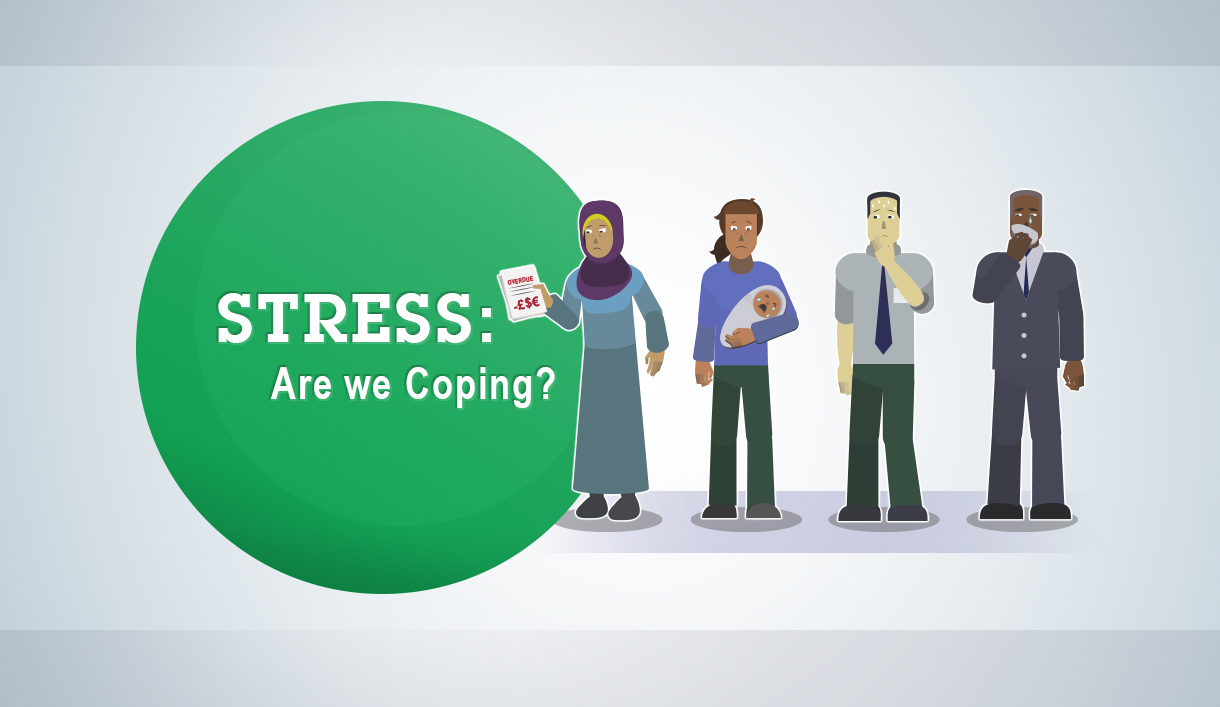
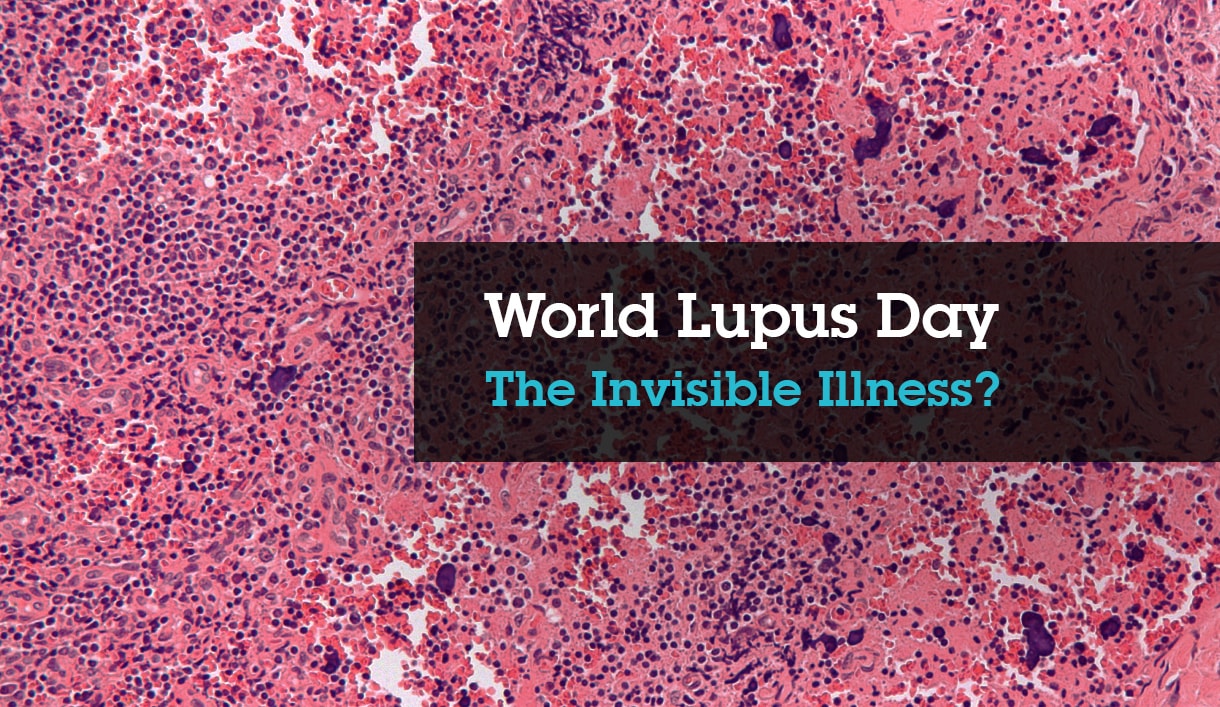
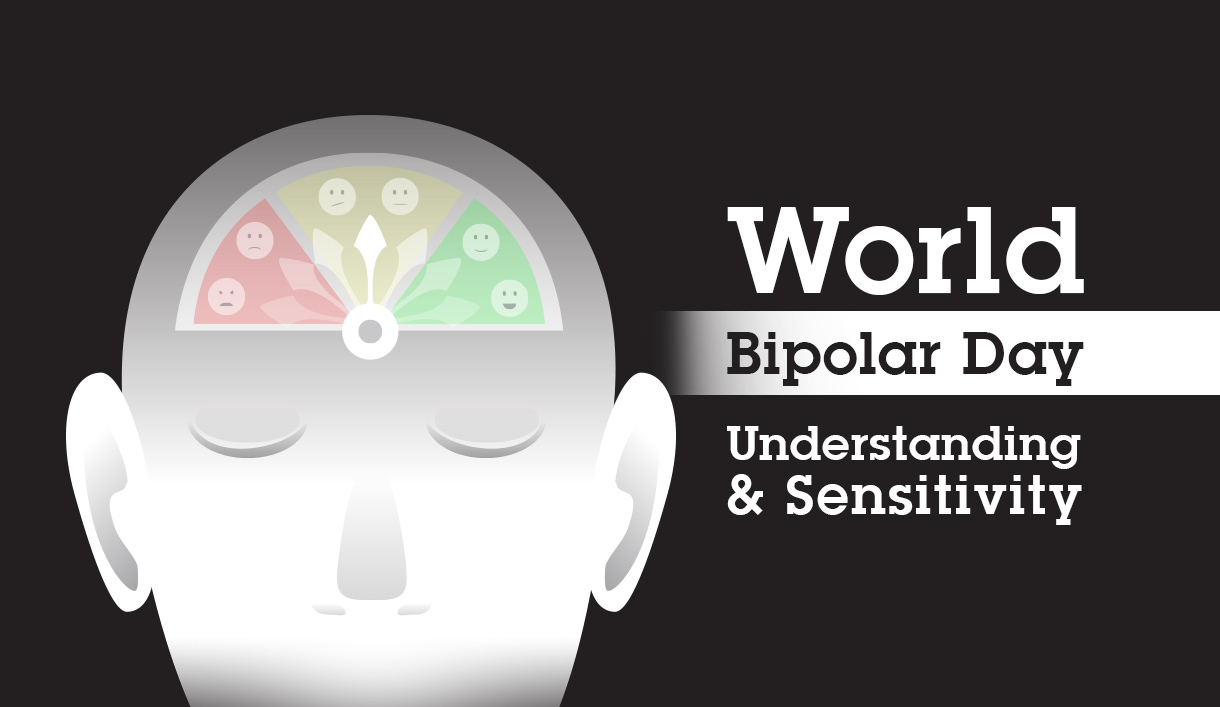
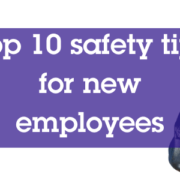

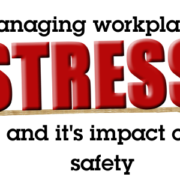
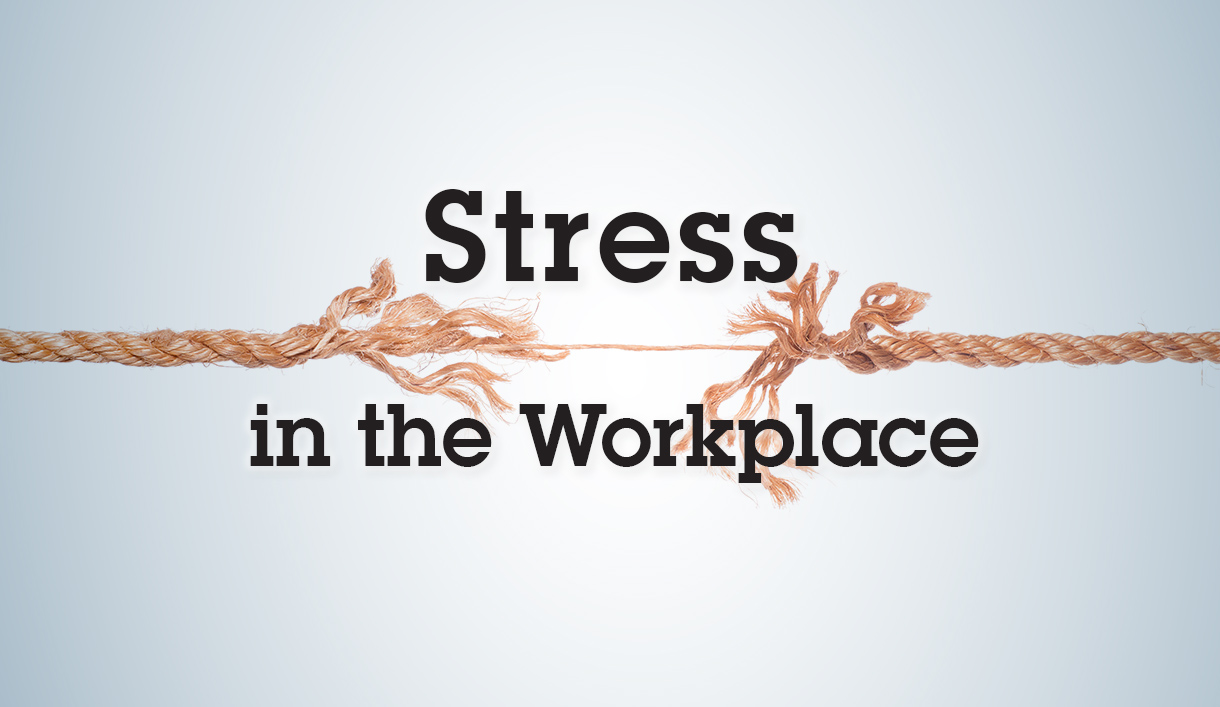
Leave a Reply
Want to join the discussion?Feel free to contribute!